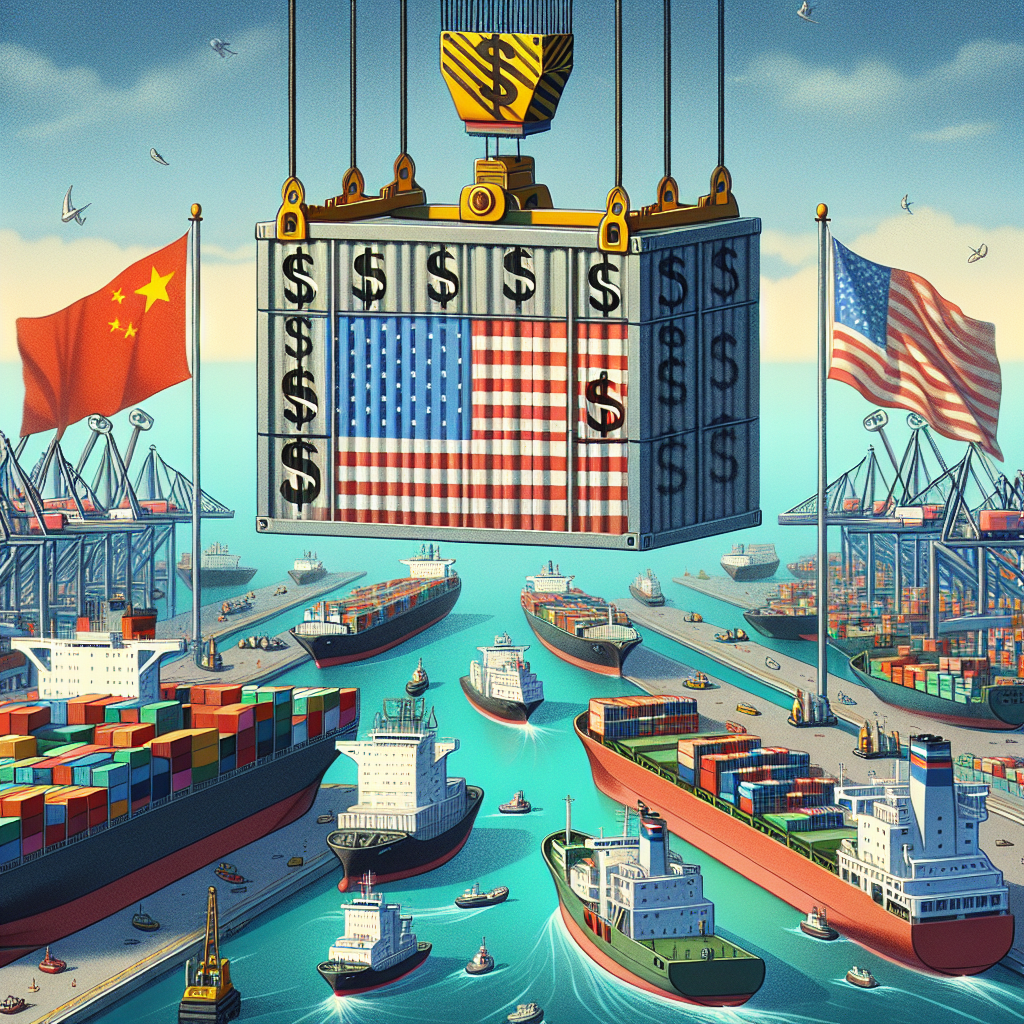US Introduces New Port Charges for Ships with Chinese Ties
US Introduces New Port Charges for Ships with Chinese Ties
Overview
The United States has announced a new set of port charges targeting ships with connections to China. This move is part of a broader strategy to address trade imbalances and enhance national security. The new charges are expected to impact shipping operations and international trade dynamics.
Key Details
- Implementation Date: The charges are set to be implemented starting next quarter.
- Targeted Vessels: Ships that are either owned by Chinese companies or have significant Chinese investment.
- Charge Structure: The fees will vary based on the size of the vessel and the nature of its cargo.
- Exemptions: Certain vessels, such as those carrying humanitarian aid, may be exempt from these charges.
Implications
The introduction of these charges is likely to have several implications:
- Trade Relations: This move could further strain US-China trade relations, potentially leading to retaliatory measures.
- Shipping Costs: Increased costs for shipping companies, which may be passed on to consumers.
- Supply Chain Impact: Potential disruptions in supply chains, especially for goods heavily reliant on Chinese imports.
Reactions
Reactions to the new charges have been mixed:
- Support: Some US industries and policymakers support the move as a necessary step to protect domestic interests.
- Criticism: Critics argue that the charges could escalate trade tensions and harm global trade.
Conclusion
The US’s decision to introduce new port charges for ships with Chinese ties marks a significant shift in trade policy, reflecting ongoing geopolitical tensions. While aimed at addressing trade imbalances and enhancing security, the move could have wide-ranging effects on international trade and economic relations. Stakeholders will need to navigate these changes carefully to mitigate potential disruptions.






































